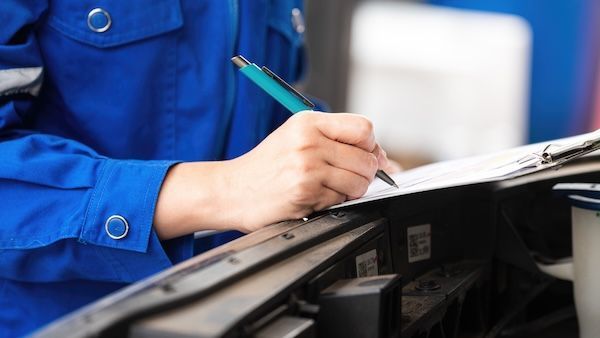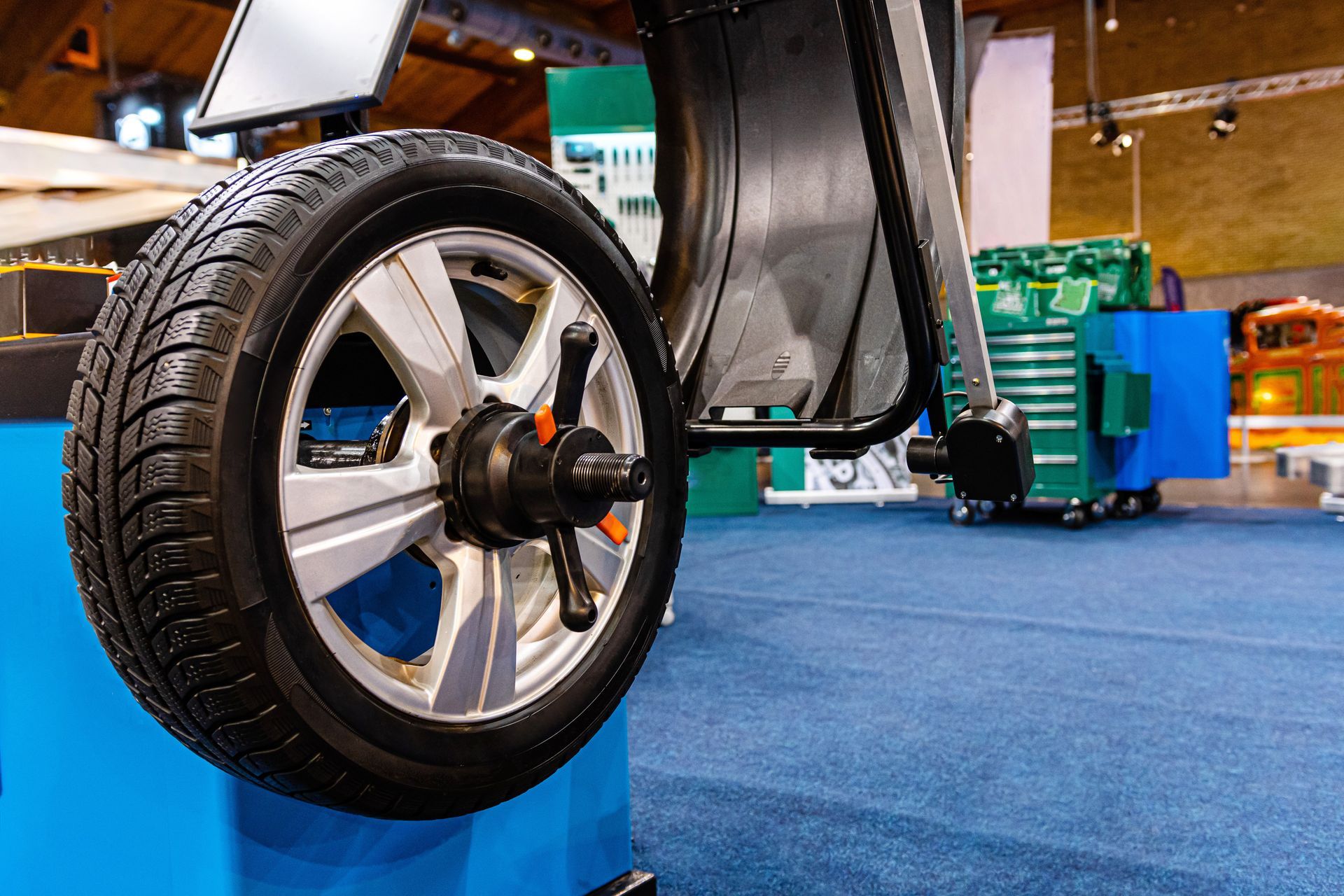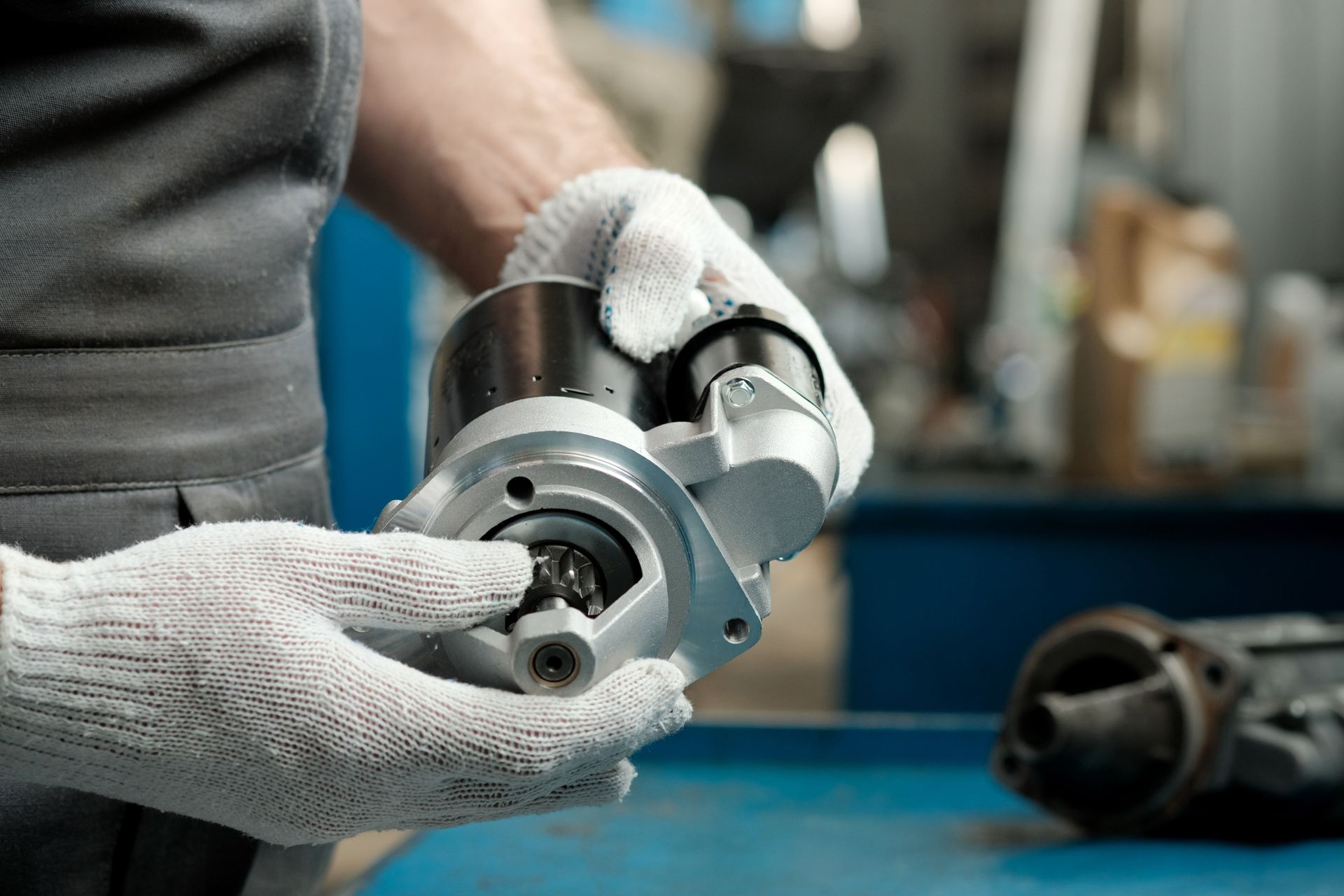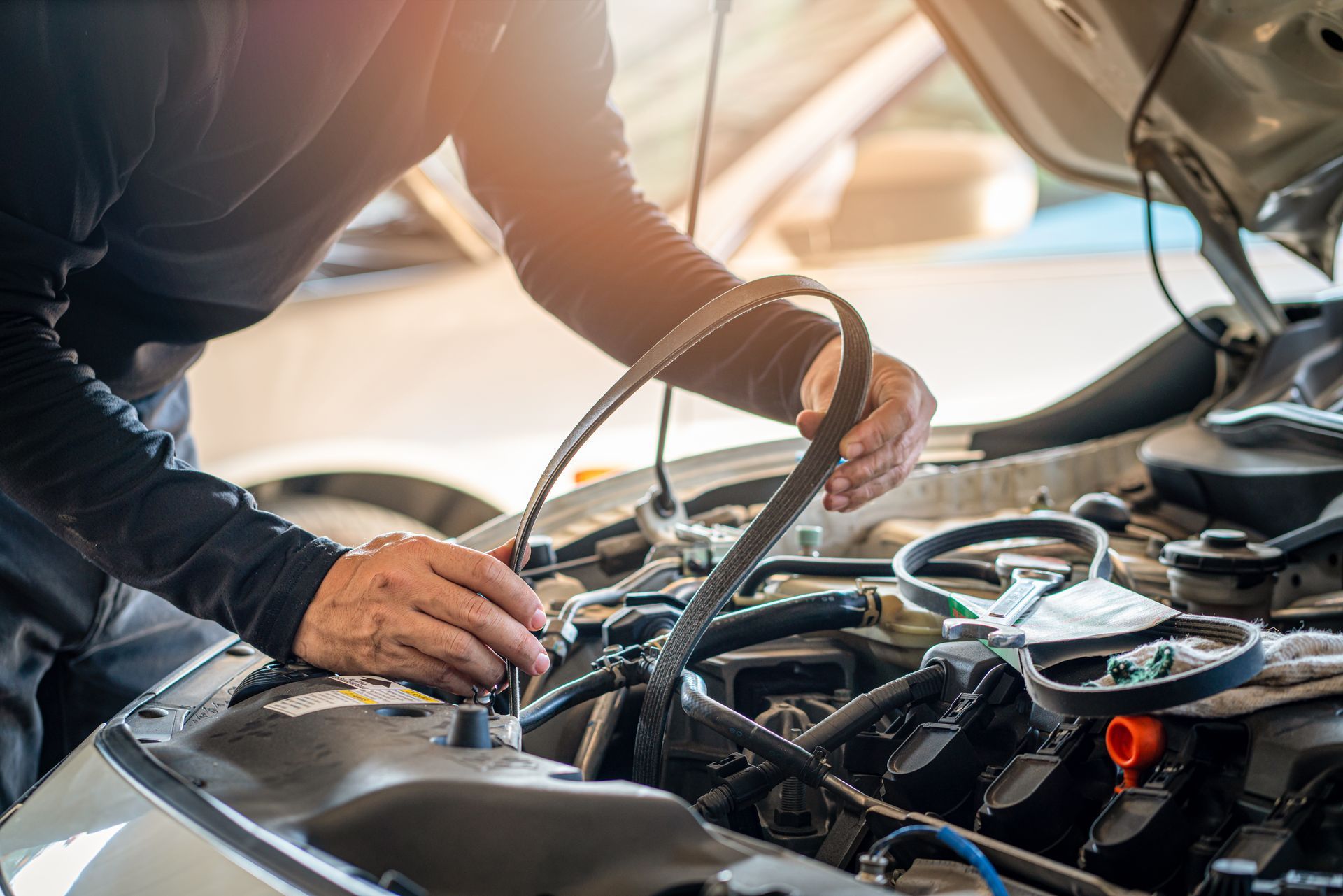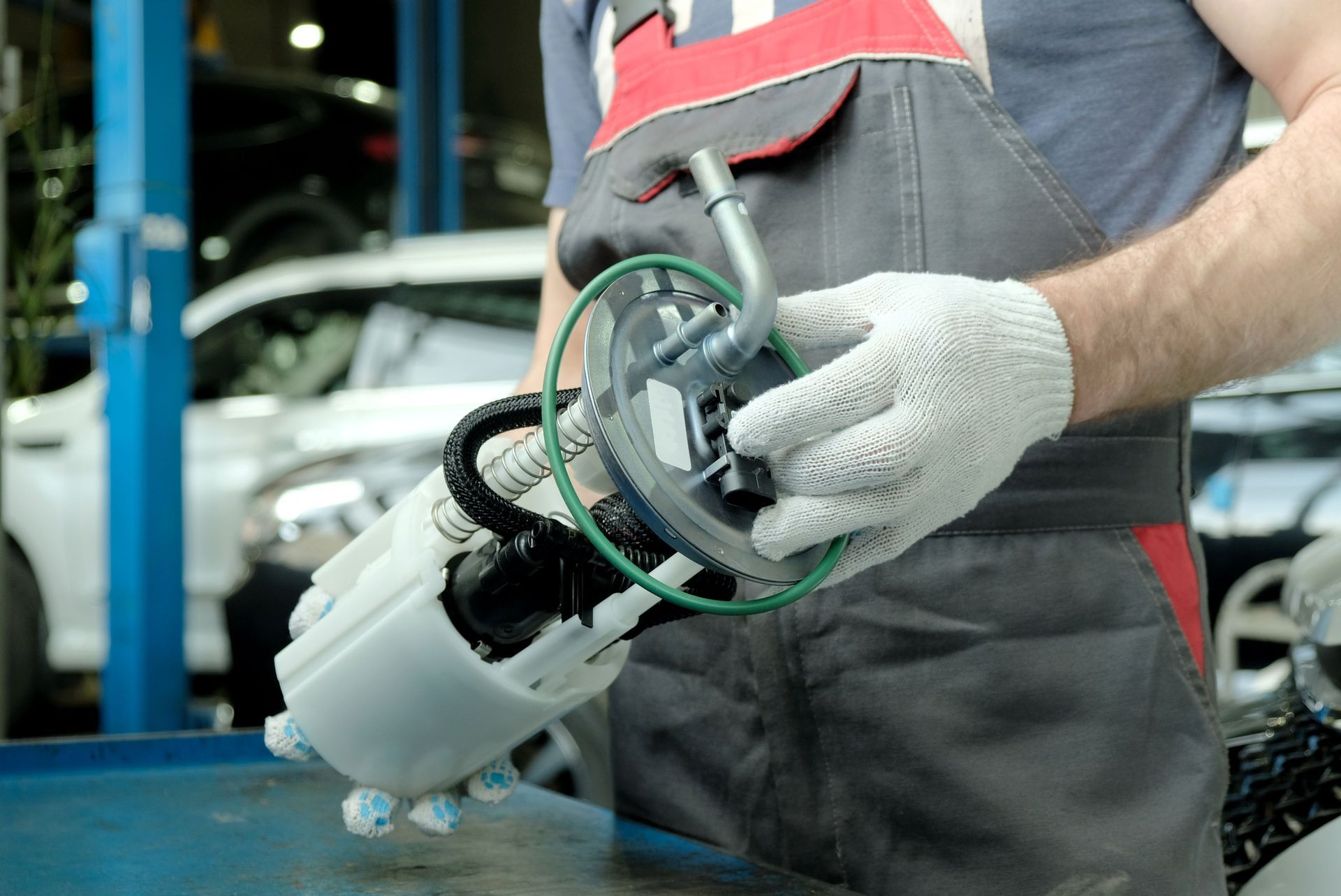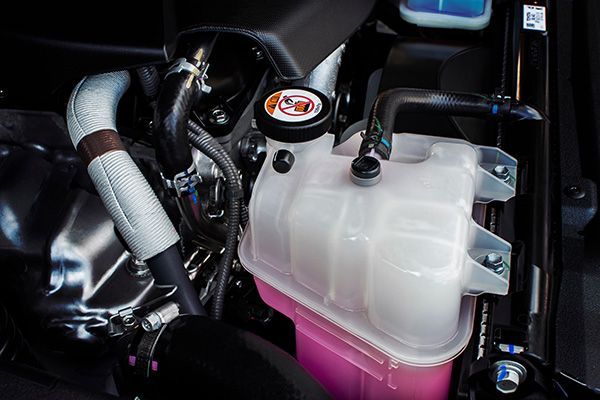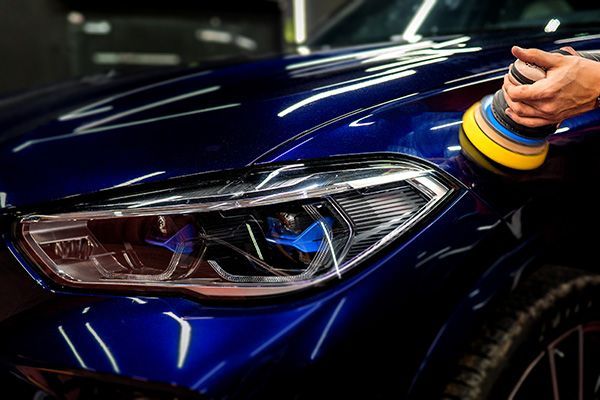Your speedometer is one of the most important gauges in your car. It helps you track your speed, follow traffic laws, and maintain safe driving habits. If it suddenly stops working, you might feel uneasy behind the wheel and unsure how fast you are going.
A faulty speedometer is more than an inconvenience—it can also be a sign of an underlying mechanical or electrical issue that needs attention.
How the Speedometer Works
Modern vehicles use an electronic speedometer that relies on a vehicle speed sensor (VSS). This sensor detects the rotation of the transmission or wheel and sends a signal to the vehicle’s computer, which then displays your speed on the dashboard.
Older vehicles may use a mechanical system that connects the transmission to the speedometer with a cable. The cable spins in proportion to the car’s speed, moving the needle on the gauge.
Common Causes of a Speedometer Failure
Several issues can cause your speedometer to stop working, and they often depend on whether your car uses a mechanical or electronic system.
1. Faulty Vehicle Speed Sensor
In modern vehicles, a bad VSS is one of the most common causes of a dead speedometer. If the sensor fails, the computer cannot receive speed data, leaving your gauge blank or frozen.
2. Broken or Disconnected Speedometer Cable
In older, cable-driven systems, the cable can wear out, snap, or come loose, preventing it from spinning the gauge.
3. Blown Fuse
Sometimes the issue is as simple as a blown fuse that powers the instrument cluster. Replacing the fuse can restore function, but if it blows again quickly, there may be an underlying electrical fault.
4. Wiring Problems
Damaged, corroded, or loose wiring between the speed sensor and the dashboard can interrupt the signal. Wiring issues can also trigger other dashboard problems.
5. Faulty Instrument Cluster
If the gauge itself or the entire instrument cluster is failing, the speedometer may stop working or display incorrect readings. This is more common in older vehicles or those with high mileage.
Other Clues to Look For
When your speedometer fails, you may notice other symptoms that can help identify the cause:
- Check Engine Light: A failed speed sensor often triggers the check engine light.
- Transmission Issues: Some vehicles rely on the speed sensor for shifting, so you might experience rough or delayed shifts.
- Odometer Problems: If the odometer also stops working, it could indicate a shared problem between it and the speedometer.
Why You Shouldn’t Ignore It
Driving without a working speedometer is risky. Without an accurate reading, it is easy to unintentionally speed or drive too slowly for road conditions. In some states, a faulty speedometer can also cause your vehicle to fail inspection.
If the root cause is a failing speed sensor, ignoring it can lead to transmission performance problems or inaccurate mileage tracking.
Diagnosing the Problem
A professional inspection is the safest way to find out why your speedometer has failed. Technicians can:
- Scan for error codes stored in the vehicle’s computer
- Test the speed sensor for proper operation
- Inspect wiring and fuses for damage
- Check the instrument cluster for faults
Once the cause is identified, the repair might be as simple as replacing a sensor or as involved as repairing the instrument cluster.
Speedometer Repair at Harvey’s Garage in Virginia Beach, VA
If your speedometer has stopped working, Harvey’s Garage in Virginia Beach, VA can diagnose and repair the problem quickly. Our technicians have the tools and expertise to pinpoint the cause, whether it is a bad sensor, wiring issue, or gauge failure.
Schedule your service today and get your speedometer and confidence back on track.

